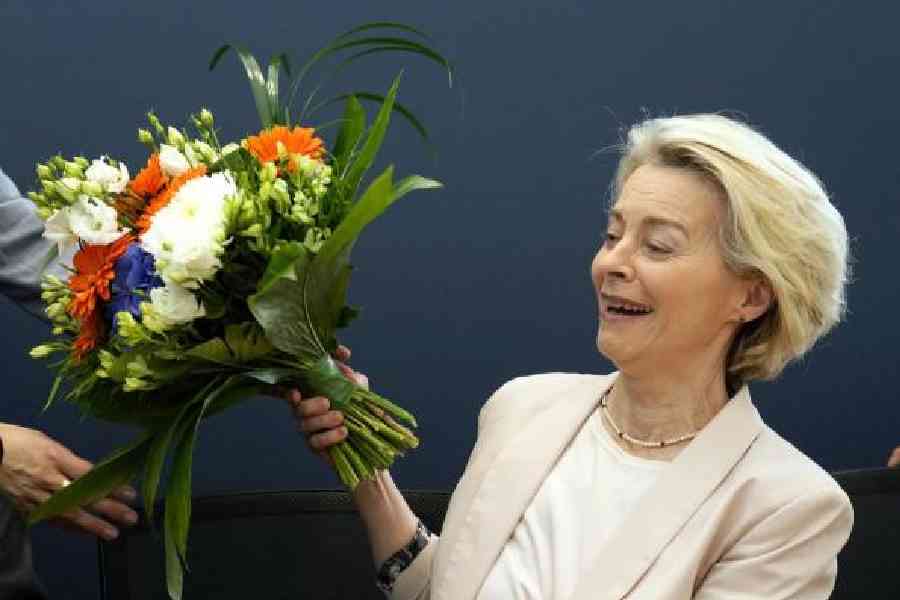Casting ballots in 27 countries, voters largely backed centrists in European Parliament elections, but far-Right parties made serious inroads in France and Germany.
Partial results made public late on Sunday showed that centrist political groups were poised to lose some seats, but still maintain a clear majority of more than 400 seats in the 720-seat assembly.
Even so, the outcome seemed likely to steel the far-Right as a disruptive force and unsettle the bloc’s mainstream establishment.
The balloting indicates that the prevailing winds have grown chill for some of Europe’s political establishment and underscored that the momentum of the far-Right forces over the past decade had yet to crest.
In France, the voting ushered in a political earthquake. Soon after the results were announced, President Emmanuel Macron announced on national television that
he would dissolve the country’s National Assembly and call for new legislative elections. The far-Right Alternative for Germany party, or AfD, officially labelled a “suspected” extremist group by German authorities, also had a strong showing.
Projections gave the party about 16 per cent of the vote.
The result placed AfD behind the mainstream conservative Christian Democratic Union, but ahead of Chancellor Olaf Scholz’s Social Democrats, making it the country’s second-ranking party.
New York Times News Service











